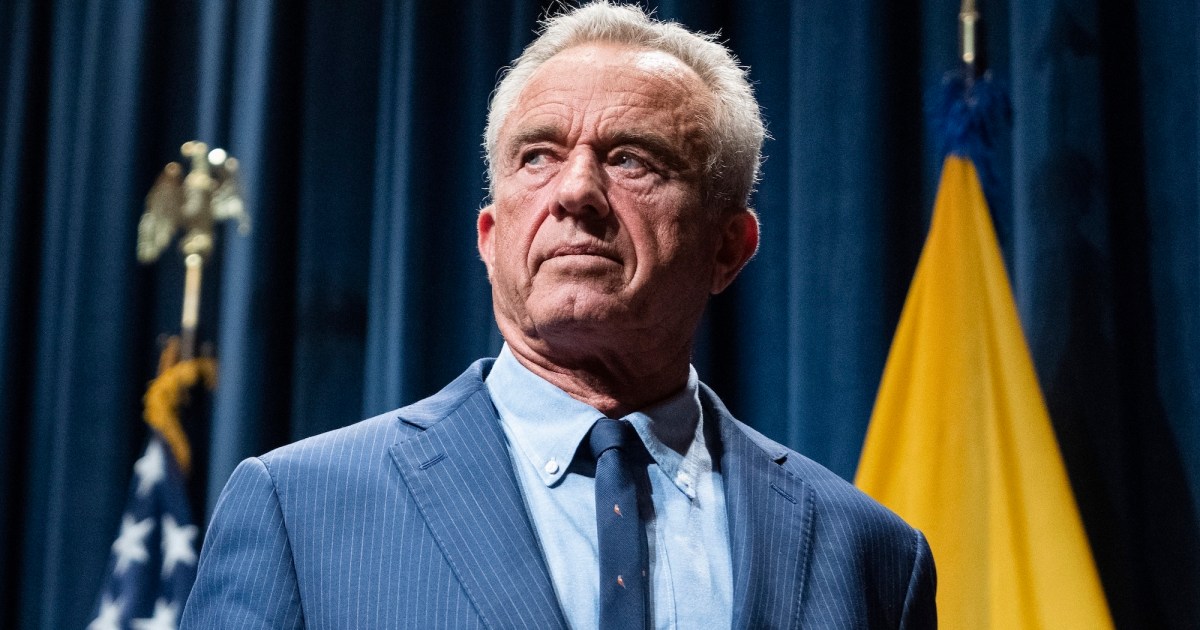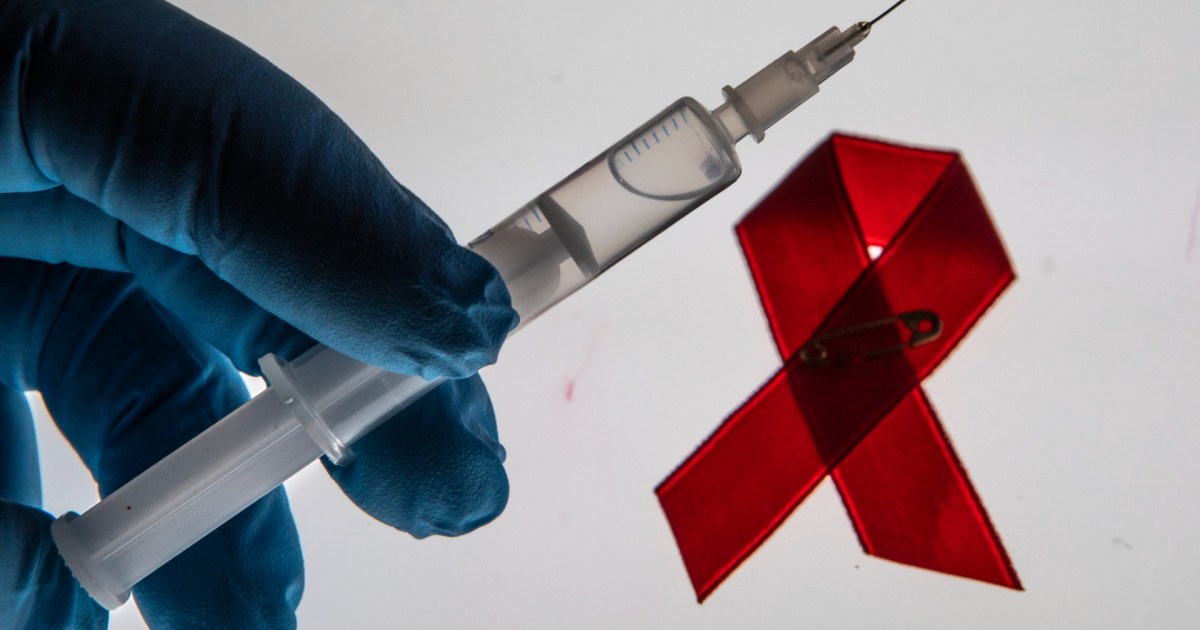The Trump administration is shutting down services for LGBTQ youth who call 988, the national suicide hotline.
Since the hotline’s launch in 2022, hotline callers could press 3 to speak with counselors trained to work specifically with LGBTQ youth, who are four times more likely to attempt suicide than their peers. The service received half a million calls and texts last year; in February, the program received an average of 2,100 contacts per day.
On Tuesday, the Trevor Project, a LGBTQ suicide prevention nonprofit that contracts with Health and Human Services to respond to the calls, received a stop-work order, effective July 17.
A statement from HHS on Tuesday said the hotline will “focus on serving all help seekers” and “no longer silo LGB+ youth services.” Notably, the statement omitted the markers referring to transgender and queer individuals.
“This is a death sentence potentially to thousands of youth across the United States,” said Paolo del Vecchio, former director of the Substance Abuse and Mental Health Administration’s Office of Recovery. “This is not making America healthy again,” he added. “We’re closing the door on people asking for help who are thinking about taking their lives.”
The closure effectively preempts a similar move proposed in a 2026 budget proposal to eliminate the LGBTQ hotline option, which would have required congressional approval. The proposal prompted outrage among Democratic policymakers.
Adrian Shanker, a senior advisor on LGBTQ policy under the Biden administration, noted that 988’s LGBTQ youth program, which historically had bipartisan support, was created because of the outsized volume of calls the suicide hotline received from such youth. “This is not about politics. It’s not about the political divide on transgender medicine or trans people in the military, or any of the other hot-button political topics,” he said. “This is about suicide prevention and crisis intervention for people living at a higher rate of suicide risk.”
The order came the day before the Supreme Court upheld Tennessee’s ban on gender-affirming care for minors. Shanker said the timing is likely a coincidence, but still “an insult upon injury” against the backdrop of the Trump administration’s war on transgender rights.















